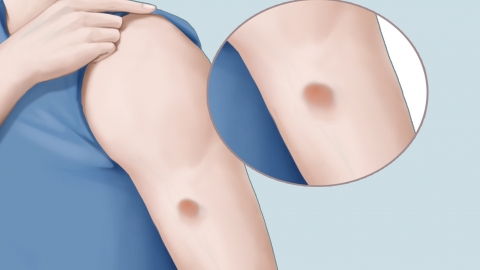Does mosquito bites increase the risk of HIV/AIDS?
Generally, mosquito bites do not increase the risk of AIDS. If any abnormalities occur, it is recommended to seek medical attention promptly. Detailed analysis is as follows:

The human immunodeficiency virus (HIV) cannot survive inside mosquitoes. When a mosquito bites, it does not transmit the virus from one person to another. After a mosquito ingests blood, the virus will be destroyed by its digestive fluids and cannot replicate or spread. Therefore, there is no need to worry about an increased risk of AIDS after being bitten by a mosquito.
Regardless of the frequency of mosquito bites, they have no impact on the risk of AIDS. AIDS transmission occurs through specific routes and has no association with mosquito bites. In daily environments, being bitten by mosquitoes does not warrant concern about an increased possibility of contracting AIDS.
Understanding the transmission routes of AIDS can reduce unnecessary worries. If you have engaged in high-risk behavior, you should promptly visit a professional institution for testing, follow scientific guidance for protection, and avoid being misled by incorrect information.




